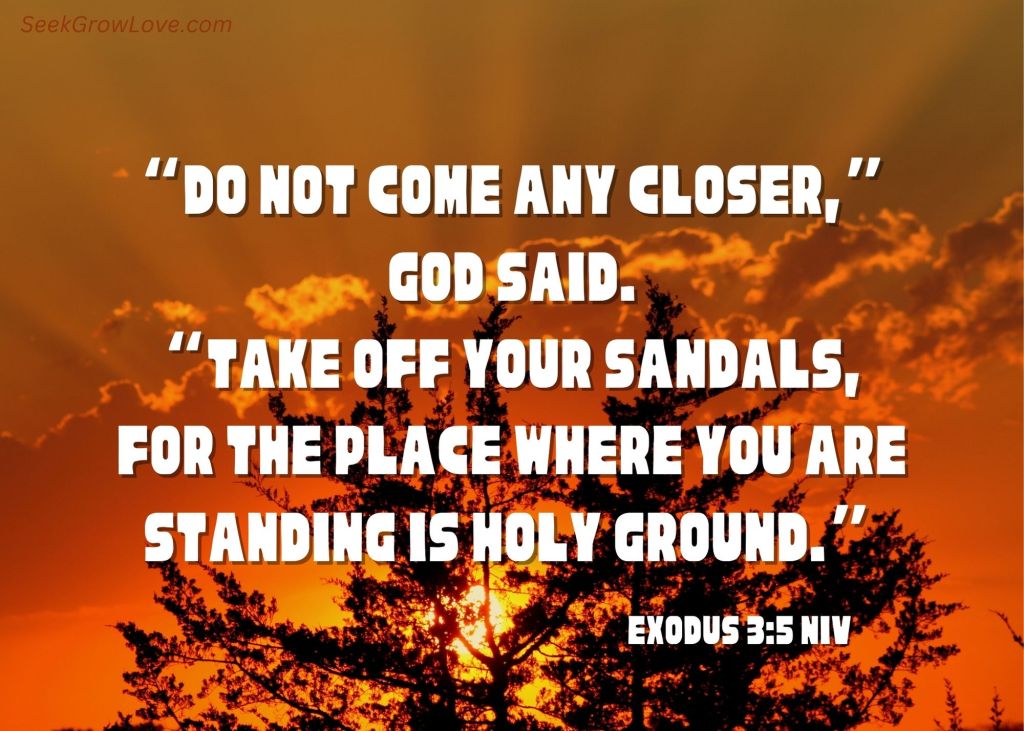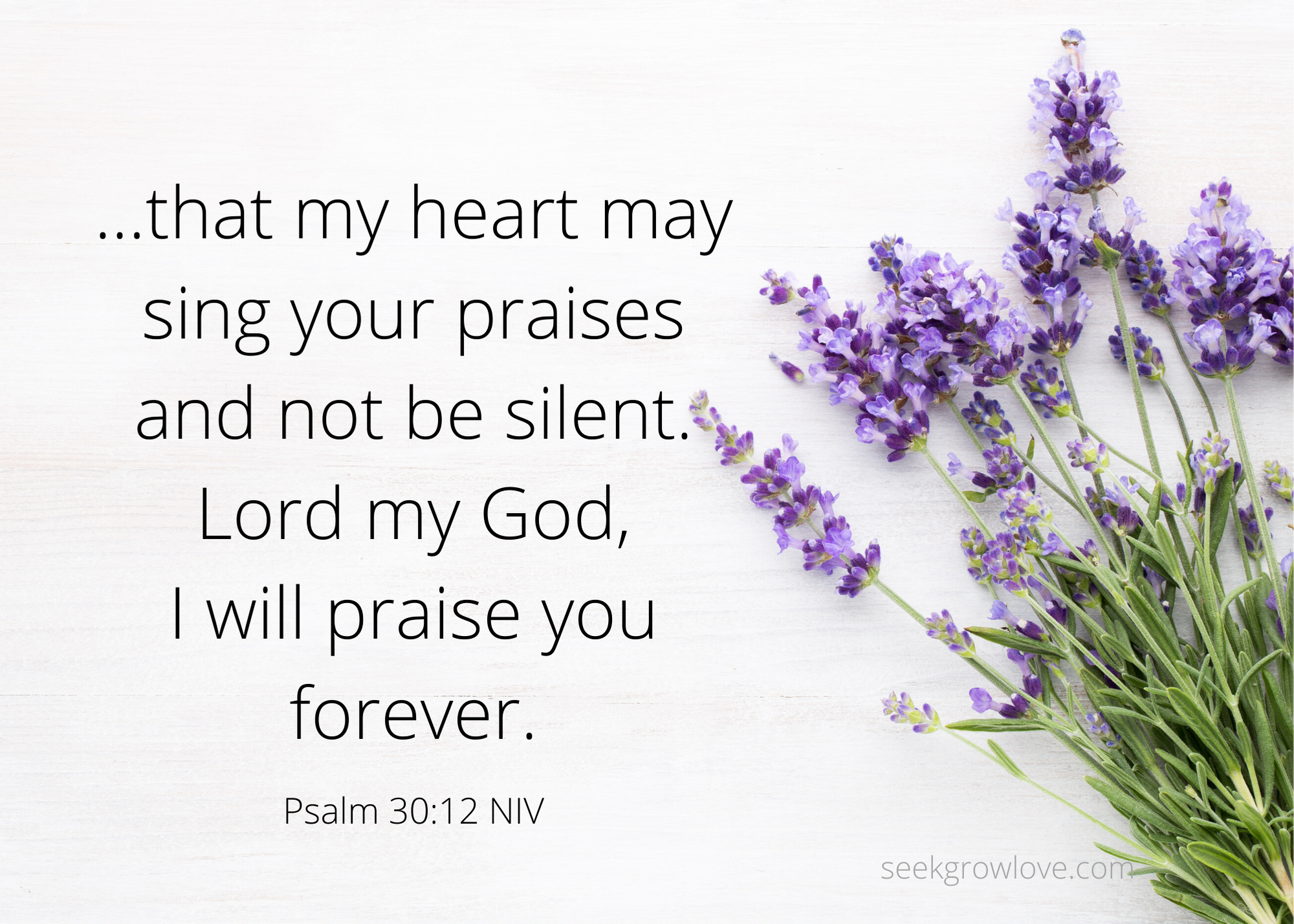
Old Testament: Job Intro – found below
Poetry: Psalm 30
New Testament: John 10
Sometimes things are just hard. Life is not going our way. We’re feeling burdened, overwhelmed, or just plain sad. When we are stuck in the middle of these times, it can bring relief just to see the possibility of a light at the end of our dark tunnel. We don’t even have to see the light yet. Just knowing that it’s coming can lighten our load and bring a deep breath of hope.
I was talking with a friend recently who is feeling a lot of stress at work. My friend is doing her own job as well as another person’s job. When we talked, she told me that her company had posted the other person’s job and should be hiring to fill it soon. Even though her workload hadn’t changed, in that moment she felt a subtle lifting of her burden. The relief wasn’t there yet, but just knowing that it was coming gave her hope, and a boost to continue on until the relief actually showed up and she could go back to just doing her own job.
Weeping may last for the night, but joy comes with the morning. Psalm 30:5b
Have you ever experienced insomnia? How about being up all night with a sick child (or sick self)? We’ve all been in those situations where we wish with every fiber of our being that morning would just arrive. And it does. Every single time.
Although some nights may be long and dark, joy will come again. The darkness may even get worse but God will meet you in your darkness and the light will come.
Life is not free of struggle or pain– not even for the most faithful servant of God. But in our pain and confusion, God is always with us, working for our good.
Isaiah 43:2 reminds us of that: “When you pass through the waters, I will be with you; and through the rivers, they shall not overwhelm you; when you walk through fire you shall not be burned, and the flame shall not consume you.”
It would be nice, wouldn’t it, if God promised that he’d take away all of our burdens? Snap his fingers and make everything sunshine and rainbows. The reasons why he doesn’t are probably many and accurate.
What he does promise us, though, is that not only will he be with us in the dark times (and as someone who is still afraid of the dark, that is no small gift) but he promises us that light will come. Let me say that again for those who need to let that sink in…
Light. Will. Come.
But even more than THAT, God doesn’t simply promise to give us peace at the end of the long, dark night. He offers dancing. Dancing!
You turned my wailing into dancing; you removed my sackcloth and clothed me with joy, that my heart may sing your praises and not be silent. LORD my God, I will praise you forever. Psalm 30:11
Thanks, God. Thanks for being so kind to a dummy like me who, even though I know the morning always comes, still doubts…still fears in the darkness. And yes, thank you for asking, you may have this dance.
-Susan Landry
Reflection Questions
- Read Psalm 30 looking for how God is described and what He is doing/has done. Now re-read it and find how the Psalmist is responding. What image of God do you have after reading Psalm 30? What is your response?
- What is the darkest night/hardest struggle you have encountered so far? Are you still in it right now or have you already experienced some light/joy/and perhaps even dancing? How did you see God during the dark mourning – and also in the light morning?
- Who do you know who is stuck in a dark night right now and could benefit from hearing that the light is coming? How can you use God’s promises, His Word, and perhaps even this devotion to be an encouragement to this person? What/who can you also be praying for?
- After reading the Job Introduction below, how does it apply to today’s devotion?
Job Introduction
The Book of Job is about a righteous man named Job who remained faithful to God despite God allowing Satan to take everything from him except his life. We don’t know who wrote this book, or even exactly when it took place. Given Job’s age (he lived 140 years after the events recorded in the book), it’s likely Job lived around the time of Abraham, or possibly earlier.
In the first two chapters, we get a glimpse of one reason bad things happen to godly people – Job seemed to be a pawn in a cosmic battle to test Job’s integrity.
Job had 3 “friends” who came to comfort him, but they were really more torment. They consistently accused Job of hidden sins – otherwise, God wouldn’t be punishing him they said. But Job consistently maintained his innocence.
Despite Job’s intense suffering, he maintained his belief in the resurrection, as is recorded in Job 19:25-27, “I know that my Redeemer lives, and that in the end he will stand upon the earth. And after my skin has been destroyed, yet in my flesh I will see God; I myself will see him, with my own eyes – I, and not another. How my heart yearns within me!” (This is one of my favorite passages in the Bible.)
In the end, God Himself confronted Job, and eventually blessed Job with twice as many possessions at the end of his life as he had before his downfall – including 10 more children.
This is a good example to show us that we don’t need to understand why bad things are happening, we must just remain faithful, no matter what. Job also shows us that we can be honest with God when we are suffering and when we don’t understand why things are happening.
Finally, no matter what happens to you, may you, with Job, be able to say, “I know that my Redeemer lives, and that in the end he will stand upon the earth. And after my skin has been destroyed, yet in my flesh I will see God; I myself will see him, with my own eyes – I, and not another. How my heart yearns within me!”
-Steve Mattison


